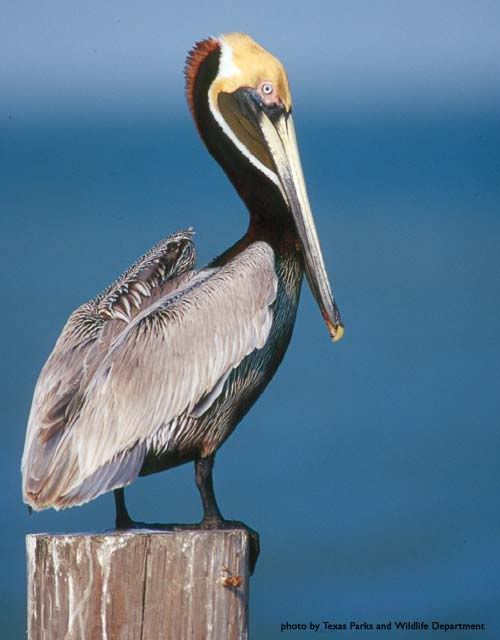Last week on June 15 the US Department of Energy announced that a group of federal and independent scientists convened by Secretary of Energy Steven Chu, Secretary of the Interior Ken Salazar, and Chair of the National Incident Command’s Flow Rate Technical Group (FRTG) Dr. Marcia McNutt (Director of the U.S. Geological Survey) had developed a new estimate for the amount of oil gushing from the ruptured well in the Gulf of Mexico that indicated the leak could be spewing up to 2.52 million gallons of crude oil per day into the waters of the Gulf of Mexico from British Petroleum’s Macondo Well.
“This estimate brings together several scientific methodologies and the latest information from the sea floor, and represents a significant step forward in our effort to put a number on the oil that is escaping from BP’s well,” said Chu, who then expanded with “As we continue to collect additional data and refine these estimates, it is important to realize that the numbers can change. In particular, the upper number is less certain – which is exactly why we have been planning for the worst case scenario at every stage and why we are continuing to focus on responding to the upper end of the estimate, plus additional contingencies.”
Estimates from both BP and from the US Government of the amount of oil gushing from the blown out wellhead on the gulf seabed have been almost continually revised upwards since the well blowout and leak began on April 20, with widespread suspicions that BP has deliberately understated the leak rate in attempts to limit liability for the company.
It now appears that Chu may have been somewhat prescient with his statement that “it is important to realize that the numbers can change”, and that the estimate of oil leaking into the Gulf of Mexico may need to be increased again, since an undated internal BP document (.PDF) obtained by Chairman of the House Select Committee on Energy Independence and Global Warming Congressman Ed Markey (D-MA) was released by Markey on Sunday June 20 showing that BP’s own internal analysis believed that a worst-case scenario, based on damage to the well bore, could result in a leak of 100,000 barrels of oil per day.



